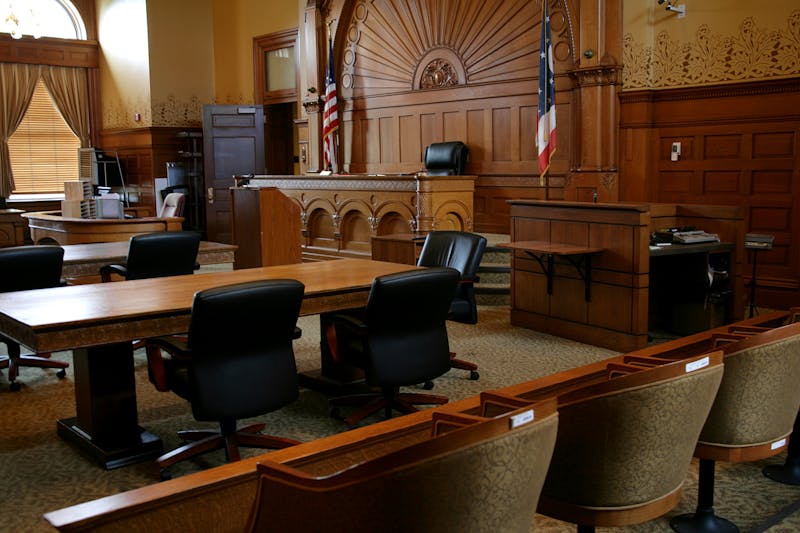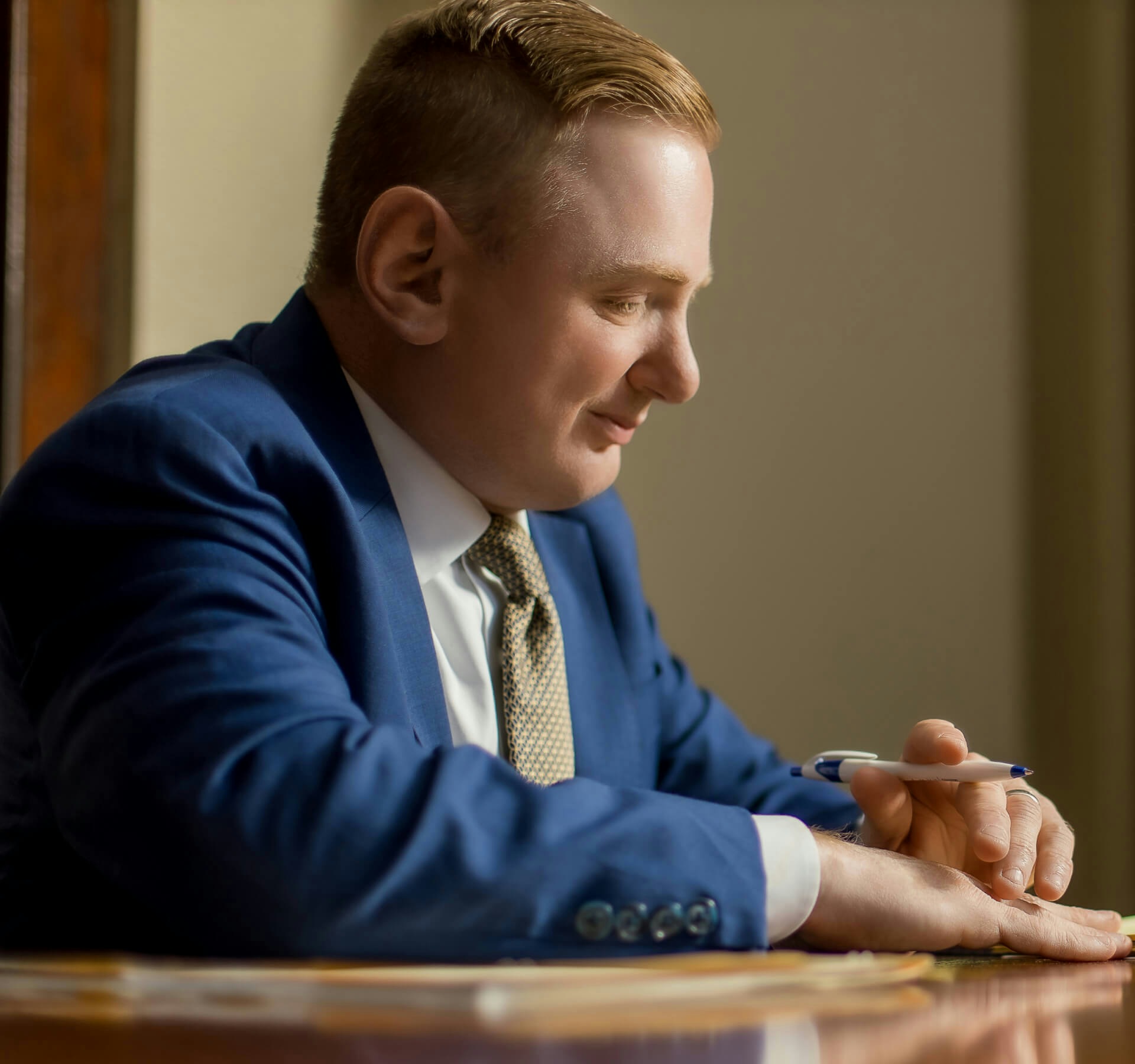
Jury Trial
Anyone who is charged with a criminal offense has a constitutional right to a jury trial. In the District Court, a jury consists of 6 members of the community whose role is to listen to all the evidence and decide whether the defendant is guilty or not guilty.
In a jury trial, the judge’s role is to act as a referee between the parties. The judge decides what evidence is allowed to be presented to the jury, resolves questions of law that may arise during trial, and instructs the jury on what law is.
There are pros and cons to a jury trial. For example, one drawback of a jury trial is the uncertainty involved: you simply never know what the jury is going to do. Without any formal legal training, jurors may misunderstand the law or apply it to the facts of the case incorrectly. On the other hand, the benefit of a jury trial is that the jury’s verdict must be unanimous. That means all six jurors must agree. Therefore, if even one juror is not convinced that the government has proved its case beyond a reasonable doubt, you cannot be found guilty.
Bench Trial
Defendants in criminal cases can also waive their right to a jury and elect to have the case heard by a judge instead: this is called a bench trial.
In a bench trial, much like a jury trial, the judge decides on questions of evidence and makes rulings of law. However, the judge also assumes the role of the factfinder and decides whether the defendant is guilty or not guilty.
One benefit of a bench trial is that the process itself is much quicker. There is no need to go through the lengthy process of jury selection, jury instructions, and deliberations. Another benefit of a bench trial is that the judge is experienced and well-versed in the law. Generally, the judge has presided over dozens of trials with similar facts and charges. This is highly beneficial when the facts, and defense of a particular case involve legal issues. On the other hand, at a bench trial, you are putting your fate into the hands of one person. Therefore, the government only has to convince one person (the judge) that you are guilty beyond a reasonable doubt, instead of convincing six jurors.
The attorneys at Gilman Law, P.C. are highly experienced in trying criminal cases before both judges and juries in courts. If you are facing criminal charges in Massachusetts, contact us today for a free consultation and our experienced attorneys will evaluate the facts of your individual case, and advise you on whether a jury trial or bench trial is best for your situation.


